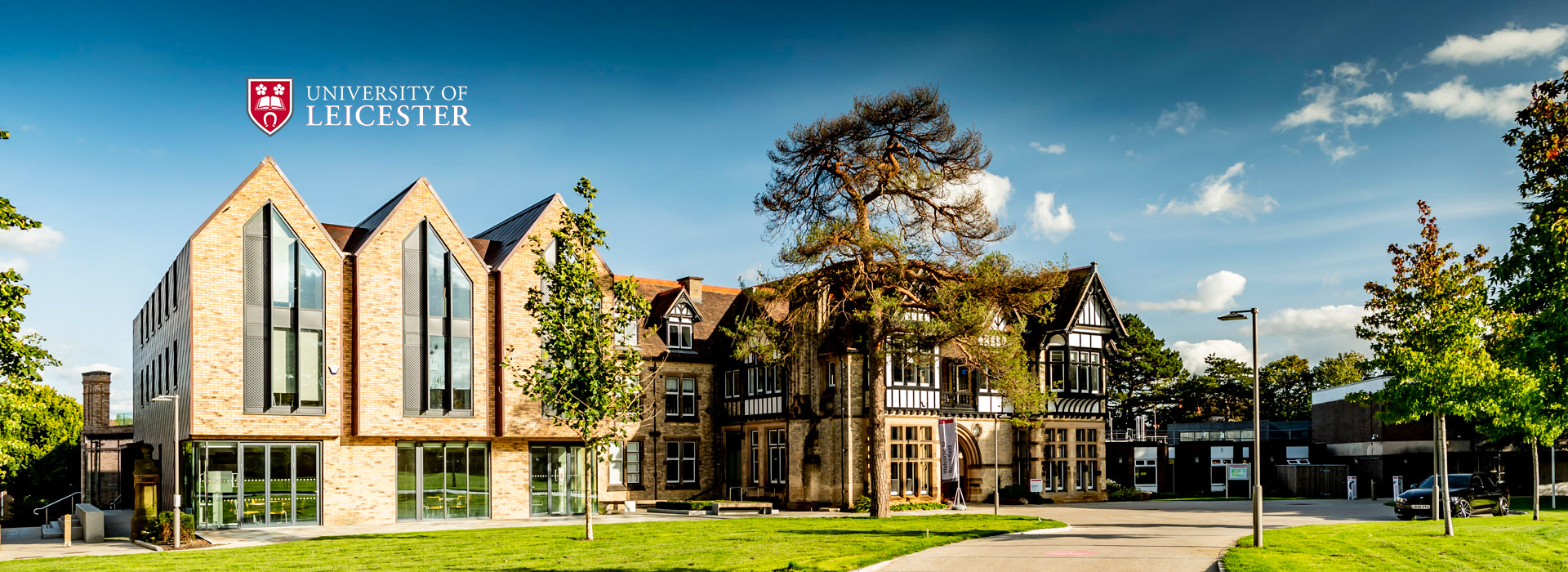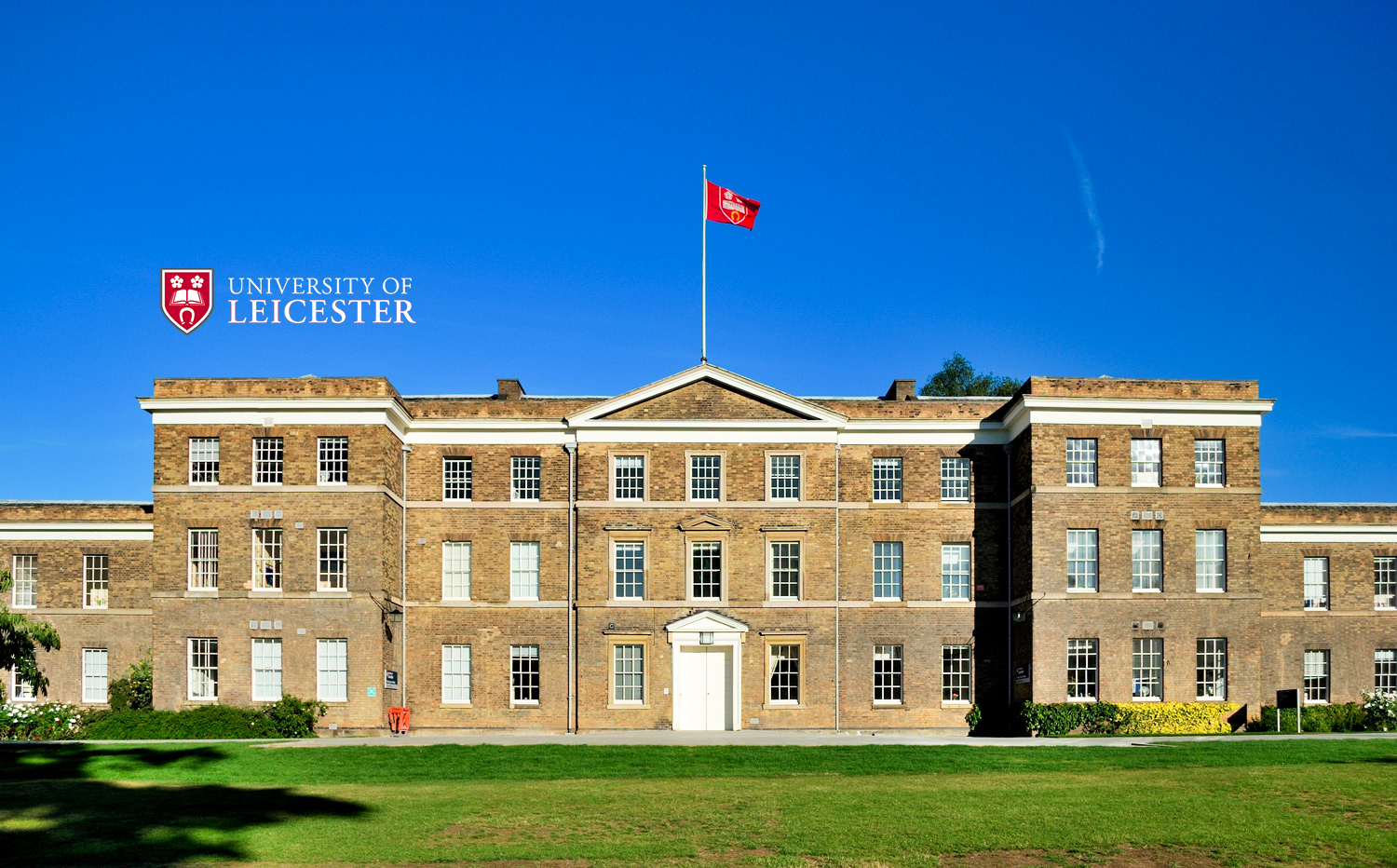
University of Leicester
About University of Leicester
The University of Leicester (/ˈlɛstər/ ⓘ LEST-ər) is a public research university based in Leicester, England. The main campus is south of the city centre, adjacent to Victoria Park. The university's predecessor, University College, Leicester, gained university status in 1957.
The university had an income of £384.6 million in 2023/24, of which £74.5 million was from research grants.[1]
The university is known for the invention of genetic fingerprinting, and for partially funding the discovery and the DNA identification of the remains of King Richard III in Leicester.[4]
Why Study at University of Leicester?
The University of Leicester is globally recognized for high-quality research and teaching, offering students innovative programs led by expert academics, helping them gain skills needed for success in today’s competitive job market.
Located in the dynamic and multicultural city of Leicester, the university provides a welcoming atmosphere where students from around the world can enjoy a rich cultural experience while pursuing academic excellence.
Leicester offers strong career development support, including internships, placements, and industry links, helping students gain practical experience and improve their employability after graduation.
With high student satisfaction, modern facilities, and a supportive campus environment, the University of Leicester ensures a balanced and engaging university life both inside and outside the classroom.
The university has a proud tradition of diversity, equality, and groundbreaking research—such as the discovery of King Richard III’s remains—making it a place where students can be part of history and create change.
